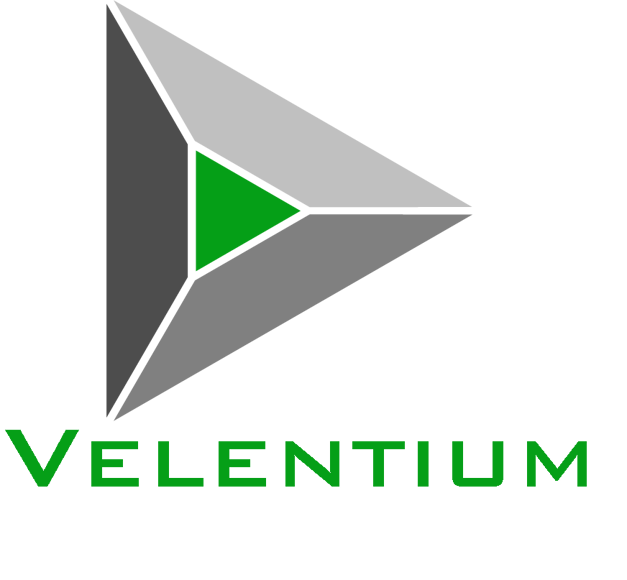Welcome back to our Velentium Book Club series on Deep Work by Cal Newport. In today’s post, we share a few ideas about how to be a positive influence for deep work among your colleagues (even if you’re not the one running the project or the office).
Newport recommends several practices that pave the way for advancing deep work, including Schedule, Ritualize, Leverage Environmental Cues, Make Grand Gestures, and Plan Downtime. The book includes multiple examples of personal implementations of each; we’d like to supplement that with ideas from our book club discussion for promoting deep work among your colleagues. These are things anyone can do, regardless of his or her position in the management chain.
- Schedule. Deep work depends on dedicating large chunks of time (3+ hours) to focus on a particular challenge intently. Your colleagues may not use placeholders on their calendar for deep work, but you can help them maintain that time anyway by stacking meeting requests immediately before/after existing meetings, and scheduling meeting requests towards the beginning/end of the working day, or to coincide with lunch. Don’t send a meeting request that breaks up a multi-hour block that your colleague could otherwise use for deep work.
- Ritualize. Your colleagues may not be using deliberately-designed rituals to enable them to get into the right mindset for intense focus, but most of us develop semi-conscious workday rhythms. We get up for coffee or have lunch at about the same time most days; we may go for a walk, seek out conversation, or take on a short task that requires low concentration as a refresher from the computer screen. Become mindful of your colleague’s work rhythms. Try to support those rhythms if you can or, at the very least, try to avoid interrupting or short-circuiting them. Be aware that meeting one colleague’s need to talk through the challenge of the moment could be distracting another college, which is “in the zone” at the next desk over.
- Leverage Environmental Cues. As companies develop more flexible remote work policies, help your colleagues become more attentive to how their setting aids or hinders productivity. For some people, the hubbub of a busy coffee shop provides the perfect background noise, enabling them to tune out the world and zero in on a task. Others are distracted every time the door opens. Some people are inclined to spend a lot of time at the proverbial water-cooler when they go into the office, but find they’re extremely productive in their office at home. Others are continuously interrupted at home and need the positive peer pressure of their coworkers to buckle down. Environments impact work differently for different people in different situations. Being sensitive to your own optimal productivity spaces, and talking about what you observe in your own habits will help your colleagues make the same assessments.
- Make Grand Gestures. When you’ve got to focus, Do Something Different and make a big deal out of it. Change up your working location or working hours. Put up the equivalent of a “Do Not Disturb” sign on your office, autoresponder, calendar, etc. Signal your lack of availability in a big, bold, bright, creative way. If your colleagues complain about feeling stuck on a thorny problem, recommend they try the Grand Gesture approach. Lead by example!
- Plan Downtime. Downtime improves our working performance. Our brains and our willpower need time to recharge. Resist the spillage of work into evenings and weekends. Stop being available for anything work-related that isn’t a genuine emergency. Silence your email and turn off push notifications. If you must make occasional exceptions to this policy, work hard to keep them “occasional.” Strengthen your colleagues’ determination to practice the same habits. If Newport (and all of the research he cites) is correct about the critical role downtime plays in productivity and our ability to work deeply, then the more important your work is to the company, the more important it becomes to guard your downtime with zeal. Help your colleagues to see that even though it may feel like staying “accessible” and “connected” or working extra hours will help them get better at their job, the long-term effect of insufficient, regular, planned downtime is detrimental.
Hopefully, these ideas can help you shift your office or team towards a culture that supports deep work. Even if you’re not in management and can’t direct that these practices become SOP, changing the way that you operate, becoming more deliberate about how you work and interact, and talking about why will all help move the workplace culture in a more productive direction.
In our next post, we’ll look at the role that boredom plays in deep work (it’s similar to downtime, but not the same), as well as a couple of quick tips for dealing with “shallow work.”






